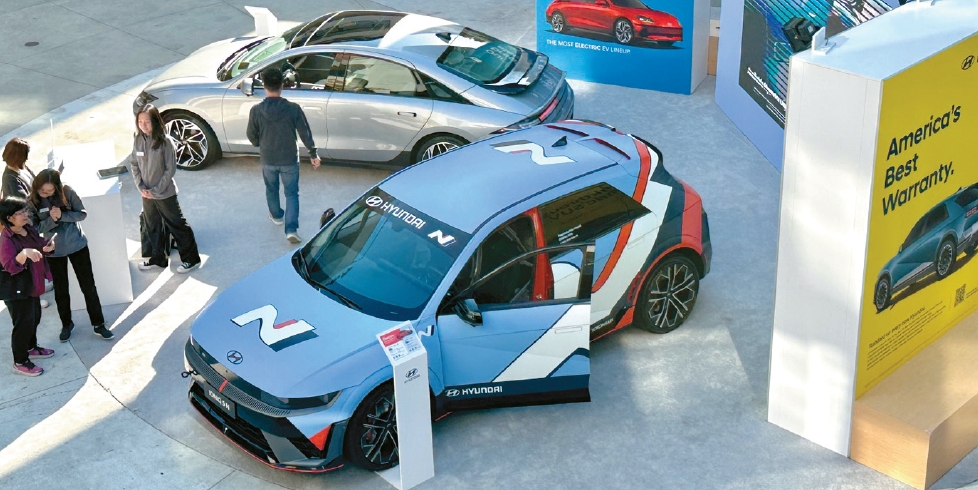The $7,500 electric vehicle tax credit, introduced under the 2022 Inflation Reduction Act (IRA), is set to end on September 30 as part of the One Big Beautiful Bill Act signed by President Donald Trump on July 4. The rollback of this federal green energy incentive, which has fueled EV adoption nationwide for the past two years, is prompting automakers and dealers to label the coming weeks as the final window for deep discounts.

The tax credit, which has been central to lowering EV costs, currently applies at the time of purchase and can be used to reduce down payments and monthly financing or lease costs. Many buyers have been able to pair this incentive with manufacturer rebates, often bringing monthly payments below those for comparable gas-powered vehicles.
Once the credit expires, consumers will face significantly higher out-of-pocket costs, effectively adding thousands of dollars to the price of EVs. Industry executives warn that the end of the subsidy, combined with rising costs from new tariffs on autos and parts, will sharply reduce affordability.
“Tax credits are more than just a rebate—they lower the psychological barrier for hesitant buyers,” said Jay Jang, vice president at Eden Motor Group. “Without them, many customers will simply delay or cancel their purchases.”
According to EV market outlet Electrek, as of last month, electric vehicles were selling at an average of 14.8 percent below their manufacturer’s suggested retail price (MSRP). Consumers saved an average of $8,400 per vehicle when combining discounts, financing incentives, and the federal credit. Those deals, however, are expected to end as automakers wind down excess inventories purchased ahead of the new tariffs.
Automakers have accelerated their incentive campaigns to clear stock before the deadline. Tesla, Hyundai, Kia, and others are offering record lease and financing deals on qualifying EVs, while even brands excluded from the current tax credit—such as Volkswagen—are promoting steep short-term discounts.
For example, as of July 23, South Bay Hyundai is offering the Ioniq 5 SE for a 36-month lease at $159 per month or up to 72 months of zero-percent financing. Cerritos Genesis is advertising 24-month leases on the electric GV60 at $359 per month. Tesla is offering no-interest financing for up to 60 months on some Model 3 purchases, along with one month of free access to its Full Self-Driving feature. Meanwhile, Glendale New Century Volkswagen is promoting the 2025 ID.4 Pro S with a 24-month lease requiring a $4,995 down payment and $79 monthly installments, despite being ineligible for the federal credit.
Dealers and analysts caution that the combination of incentives and the federal credit is unlikely to be seen again soon. “After September 30, the same EV will likely cost thousands more, and with inventories tightening, financing perks will shrink,” said Sky Kim, manager at Norm Reeves Genesis of Cerritos.
Experts advise buyers to confirm delivery timelines and eligibility criteria to ensure they receive the credit. To qualify, vehicles must be delivered by the deadline and meet model, year, and assembly requirements. A full list of qualifying vehicles is available on the Department of Energy’s website.
With the federal credit set to expire, automakers’ short-term discounts and financing offers are aligning to create what industry insiders call the last “golden window” for EV shoppers to secure record-low prices.
BY HOONSIK WOO [woo.hoonsik@koreadaily.com]




